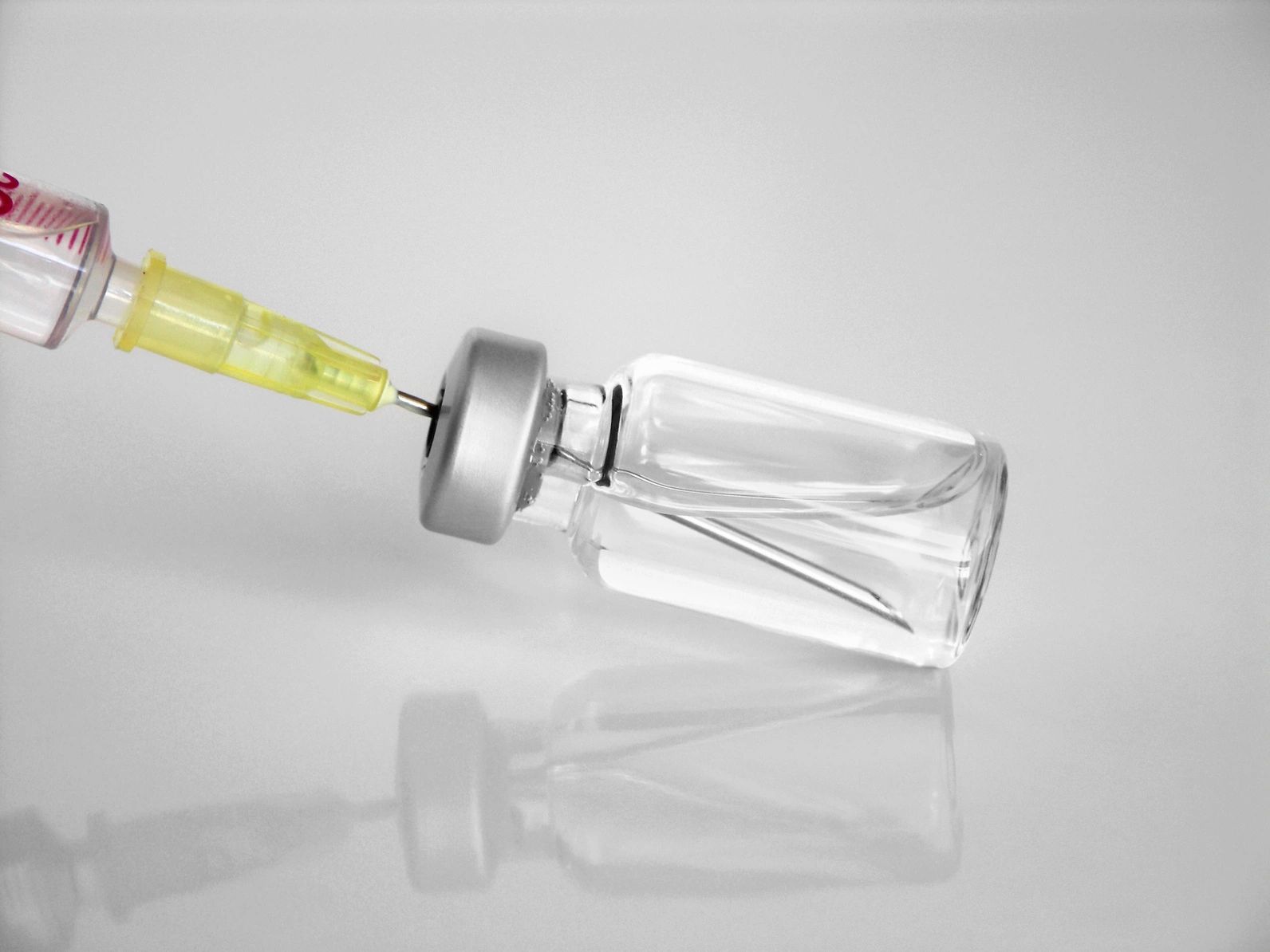
Requested Actions
Be aware of the confusion between the terminology and guidance for 3rd dose versus booster doses.
- 3rd dose: vaccine doses available now for people who are considered moderately or severely immunocompromised
- On August 12, the Food and Drug Administration (FDA) amended its emergency use authorizations (EUAs) for Pfizer and Moderna COVID-19 vaccines to allow an additional (third) dose for certain immunocompromised people including those who have:
-
- Been receiving active cancer treatment for tumors or cancers of the blood
- Received an organ transplant and are taking medicine to suppress the immune system
- Received a stem cell transplant within the last 2 years or are taking medicine to suppress the immune system
- Moderate or severe primary immunodeficiency (such as DiGeorge syndrome, Wiskott-Aldrich syndrome)
- Advanced or untreated HIV infection
- Active treatment with high-dose corticosteroids or other drugs that may suppress immune response
- Call and recall patients determined to be immunocompromised who received Pfizer or Moderna vaccineand offer an additional (third) dose of COVID-19 vaccine. Offer the same vaccine product (i.e., Pfizer or Moderna) the person originally received.
- Booster dose: an additional dose of a vaccine given after the protection provided by the original shot(s) has begun to decrease over time.
-
- Booster doses of the Pfizer-BioNTech and Moderna COVID-19 vaccines are now recommended for certain individuals.
- At least six months after completing the primary Pfizer or Moderna vaccine series, the following individuals should receive a booster dose of the Pfizer vaccine:
- People 65 years of age and older,
- People 18 years of age and older living in a long-term care setting, and
- People 50 – 64 years of age with underlying medical conditions or those at increased risk of social inequities.
- Additionally, the following individuals who completed a Pfizer or Moderna vaccine series at least six months ago may receive a booster dose:
- People who are 18 – 49 years of age with underlying medical conditions, and
- People 18 – 64 years of age who are at higher risk of COVID-19 exposure and transmission due to their occupational or institutional setting.
- At least two months after administration of the initial Johnson & Johnson/Janssen vaccine, a booster dose is now recommended for all recipients of the Johnson & Johnson/Janssen vaccine.
- Booster doses of the Pfizer-BioNTech and Moderna COVID-19 vaccines are now recommended for certain individuals.
- Additionally, on October 20, 2021, the FDA extended the Emergency Use Authorization (EUA)to allow for a heterologous (or “mix and match”) booster dose in eligible individuals following completion of primary vaccination with a different available COVID-19 vaccine.
- The recent CDC and FDA decisions about booster doses do not change the definition of full vaccination. Booster doses are not required where vaccine mandates are in place.
- Help patients access their vaccine records and explain the different ways to show vaccination status. There are options for everyone, including those who need language assistance or don’t have access to a computer or smartphone.
Background
A Clinician Outreach and Communication Activity (COCA) call on Sept. 28, 2021 covered what clinicians needs to know about administering booster doses.
Become a COVID-19 vaccine provider and vaccinate patients during their visit. Learn how to enroll as a COVID-19 vaccine provider.
COVID-19 Vaccine Resources
- Help patients access their vaccine records and explain the different ways to show vaccination status.
- EUA fact sheets for recipients and caregivers:
- Food and Drug Administration (FDA) amended its emergency use authorizations, DOH.
- COVID-19 vaccine for providers
- COVID-19 vaccine provider toolkit and resources, DOH.
- COVID-19 vaccination for providers, CDC.
- Clinical considerations for COVID-19 vaccination and guidance for managing anaphylaxis, CDC.
- COVID-19 vaccine quick reference guide for healthcare professionals, CDC.
- COVID-19 vaccine training module on best practices for providers, CDC.
- Association of J&J with thrombotic thrombocytopenia after vaccination:
- J&J vaccine health alert, CDC.
- Vaccine-induced immune thrombotic thrombocytopenia frequently asked questions, American Society of Hematology (ASH).
- Diagnosis and management of vaccine-induced immune thrombotic thrombocytopenia webinar, ASH and CDC.
- April 15, 2021 Clinician Outreach and Communication Activity (COCA) call: J&J COVID-19 vaccine and cerebral venous sinus thrombosis with thrombocytopenia update for clinicians on early detection and treatment, CDC.
- Association of mRNA vaccines with myocarditis and pericarditis after vaccination:
- Information for healthcare providers: myocarditis and mRNA vaccines, DOH
- Follow-up of patients with myocarditis, consult recommendations, American Heart Association and the American College of Cardiology.
- Clinical considerations: Myocarditis and pericarditis after receipt of mRNA COVID-19 vaccines among adolescents and young adults, CDC.
- Overview of myocarditis and pericarditis, ACIP COVID-19 Vaccines Work Group, June 23, 2021, CDC.
- COVID-19 subcommittee of the World Health Organization (WHO) Global Advisory Committee on Vaccine Safety (GACVS) reviews cases of mild myocarditis reported with COVID-19 mRNA vaccines, WHO news release, May 26, 2021.
- Myocarditis and pericarditis following mRNA COVID-19 vaccination, CDC.
- Selected adverse events reported after COVID-19 vaccination, CDC.
- Myocarditis and pericarditis resources for the public, CDC.
Contacting the Health Department
360-778-6100 Main Call Line – available M-F 8:30am to 4:30pm
360-715-2588 Afterhours Answering Service – available after 4:30pm and weekends
360-778-6150 Communicable Disease Report Line – 24 hours a day 7 days a week
360-778-6103 Confidential Communicable Disease Fax – 24 hours a day 7 days a week
1500 N State Street, Bellingham WA 98225
